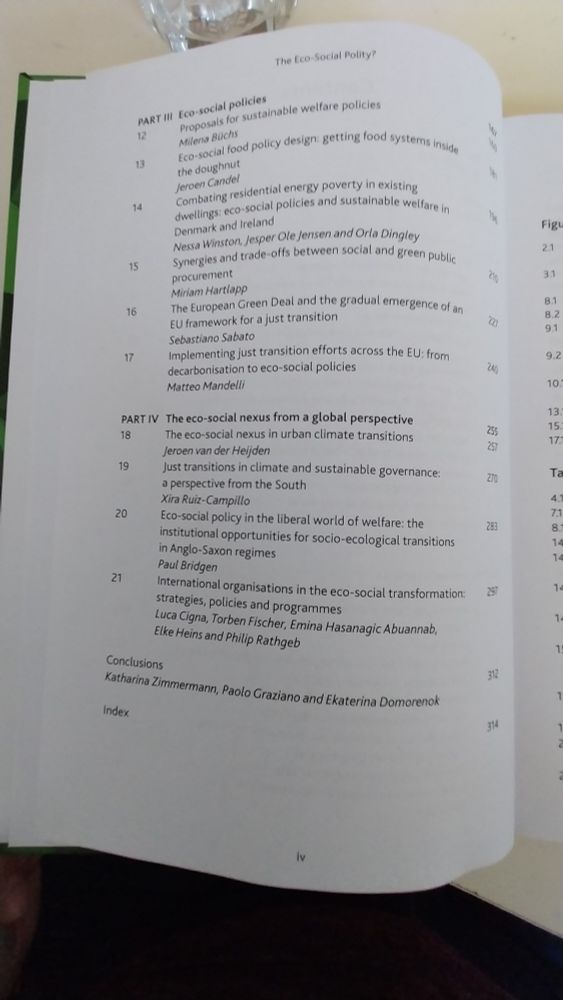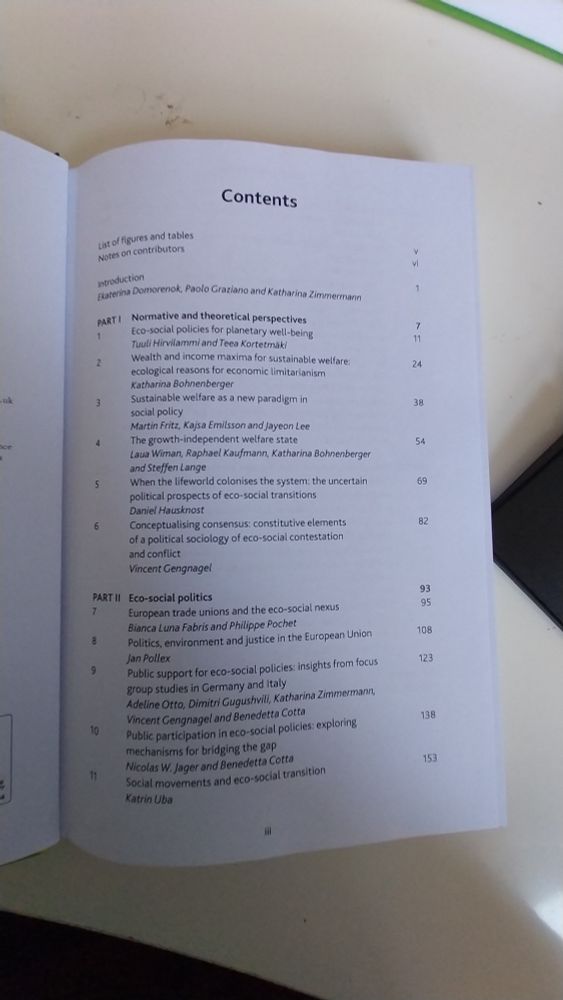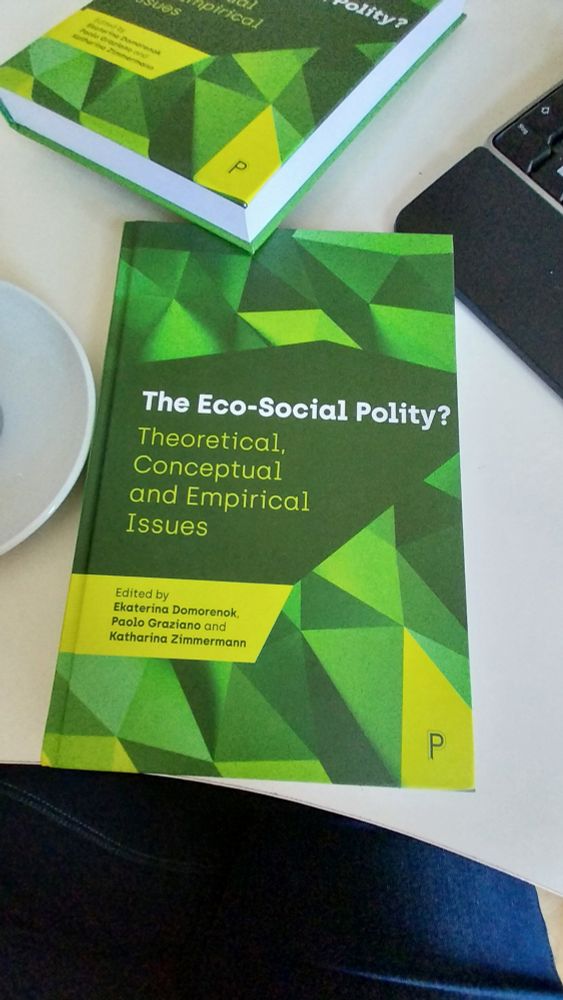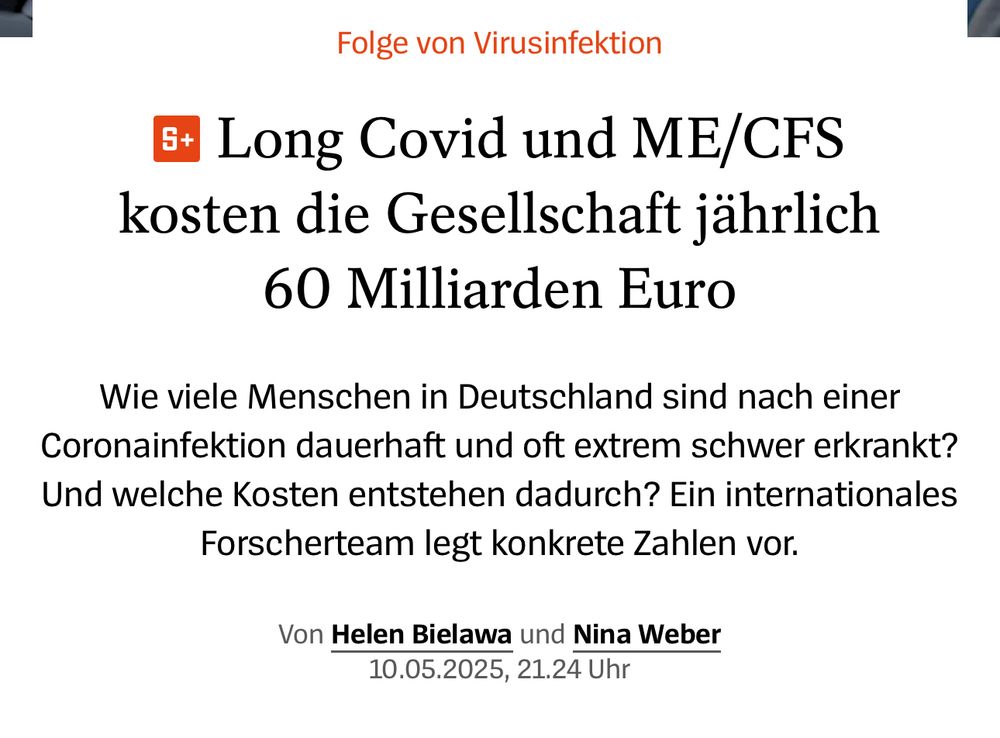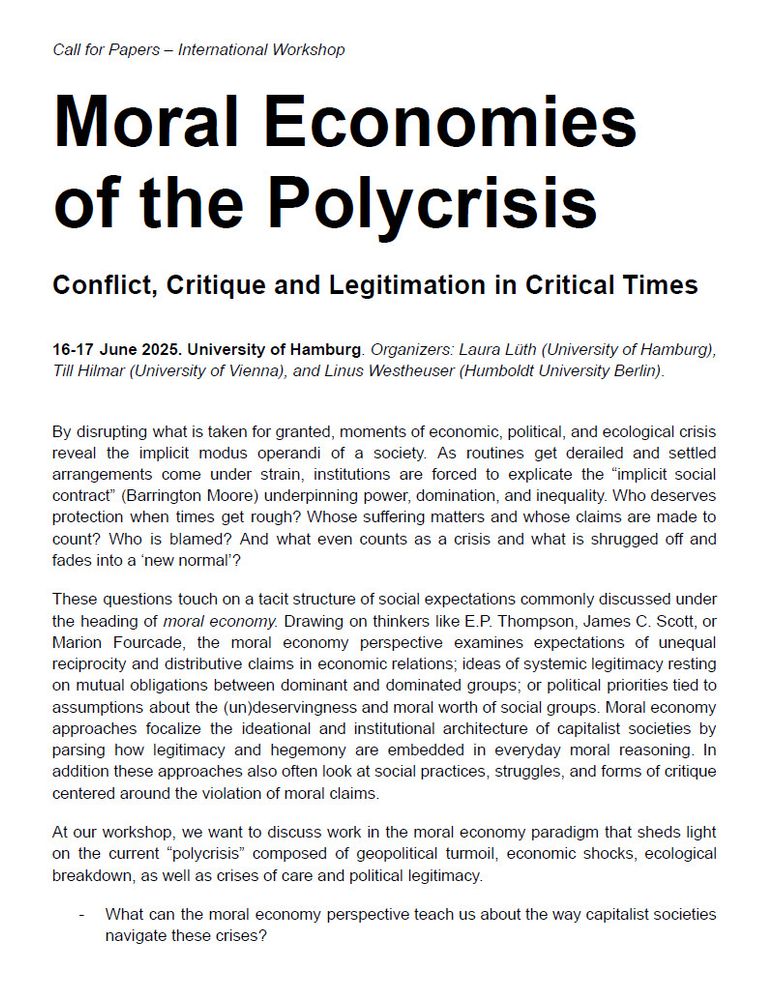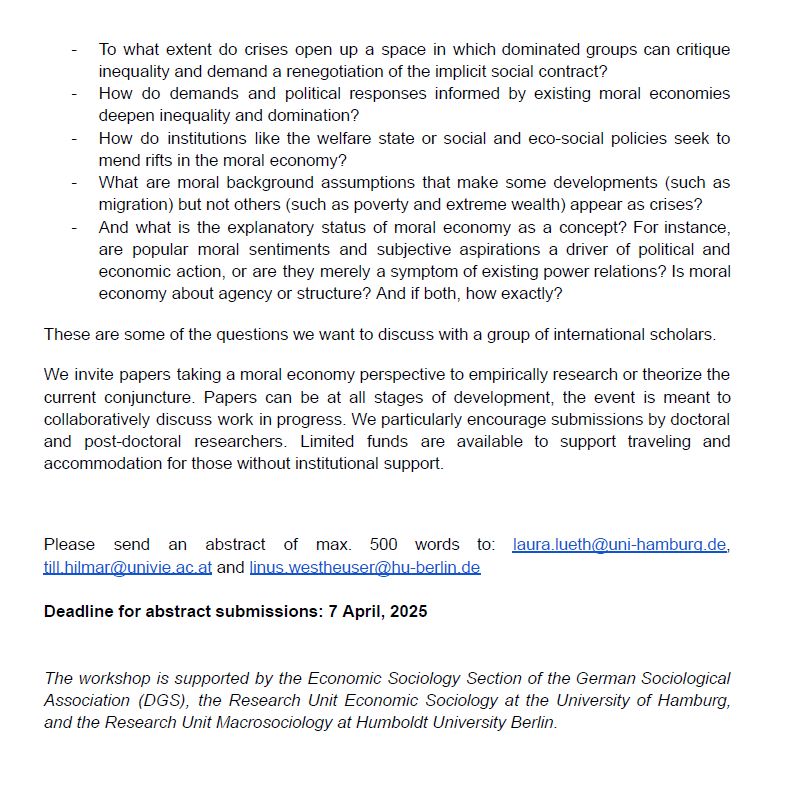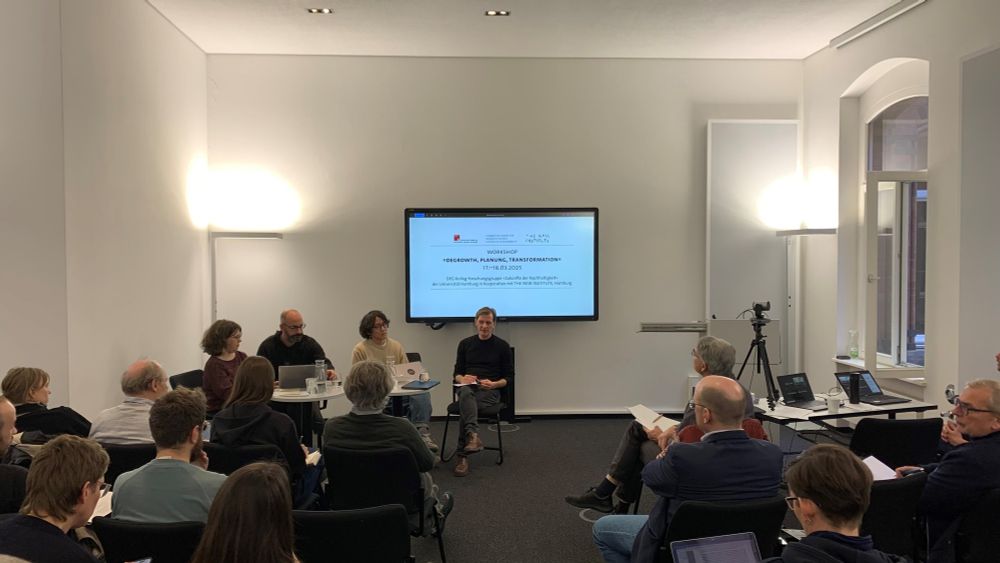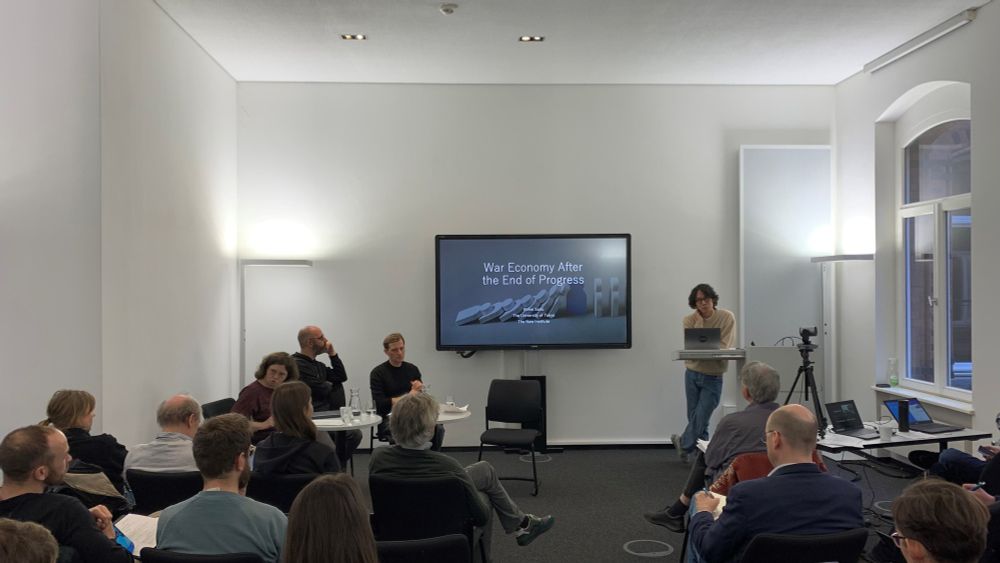Katharina Zimmermann
@kzimmermann.bsky.social
510 followers
220 following
14 posts
Assistant Professor at University of Hamburg; studies welfare states, green transitions, inequalities, and Europeanisation
Posts
Media
Videos
Starter Packs
Reposted by Katharina Zimmermann
Reposted by Katharina Zimmermann
Reposted by Katharina Zimmermann
Reposted by Katharina Zimmermann
Reposted by Katharina Zimmermann
Reposted by Katharina Zimmermann
Reposted by Katharina Zimmermann
Reposted by Katharina Zimmermann
Linus Westheuser
@lwestheuser.bsky.social
· May 24
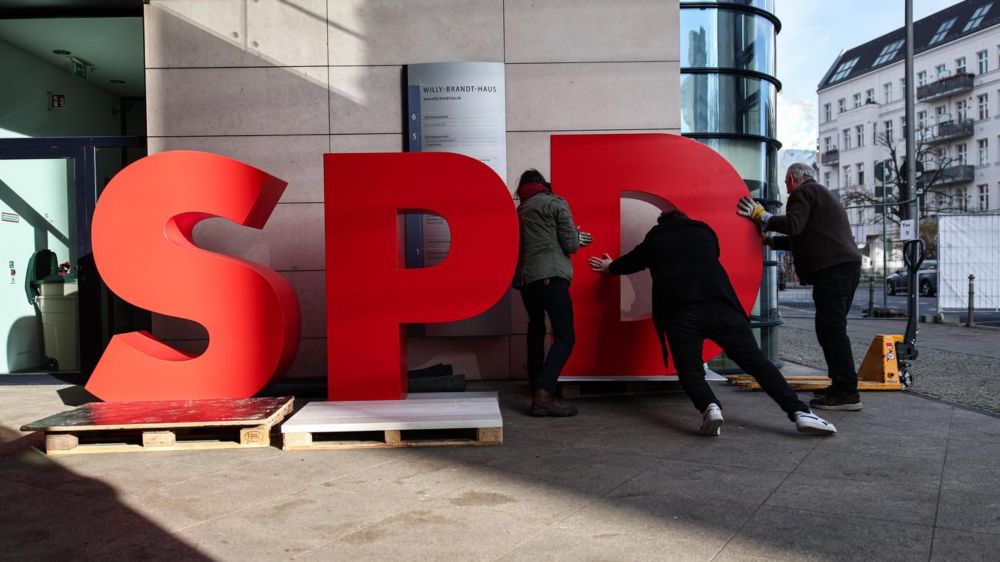
Linus Westheuser: "Die SPD muss bereit sein, sich mit den ökonomischen Eliten anzulegen"
Hat die SPD die Arbeiter verloren, weil sie zu viel über das Bürgergeld redet? Unsinn, findet der Soziologe Linus Westheuser. Die SPD brauche ein völlig anderes Konzept.
www.zeit.de
Reposted by Katharina Zimmermann
Julian Heide
@julianheide.bsky.social
· May 22
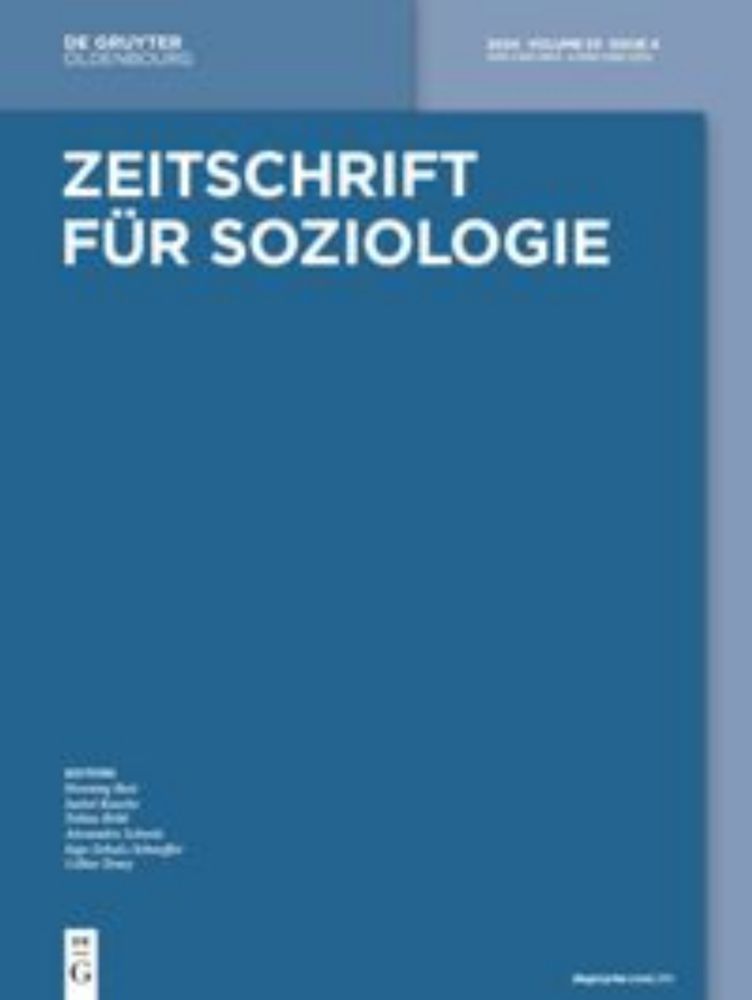
Mediale Trigger. Emotionen und Argumente in deutschen Pressekommentaren
Zusammenfassung Das Konzept der Triggerpunkte von Mau et al. (2023) beleuchtet, wo im öffentlichen Diskurs besonders konfrontative Haltungen auftauchen. Im Anschluss daran nimmt dieser Aufsatz Printme...
doi.org
Reposted by Katharina Zimmermann
Reposted by Katharina Zimmermann
Till Hilmar
@tillhilmar.bsky.social
· Apr 12
Reposted by Katharina Zimmermann
Reposted by Katharina Zimmermann
Reposted by Katharina Zimmermann
Reposted by Katharina Zimmermann
Reposted by Katharina Zimmermann







